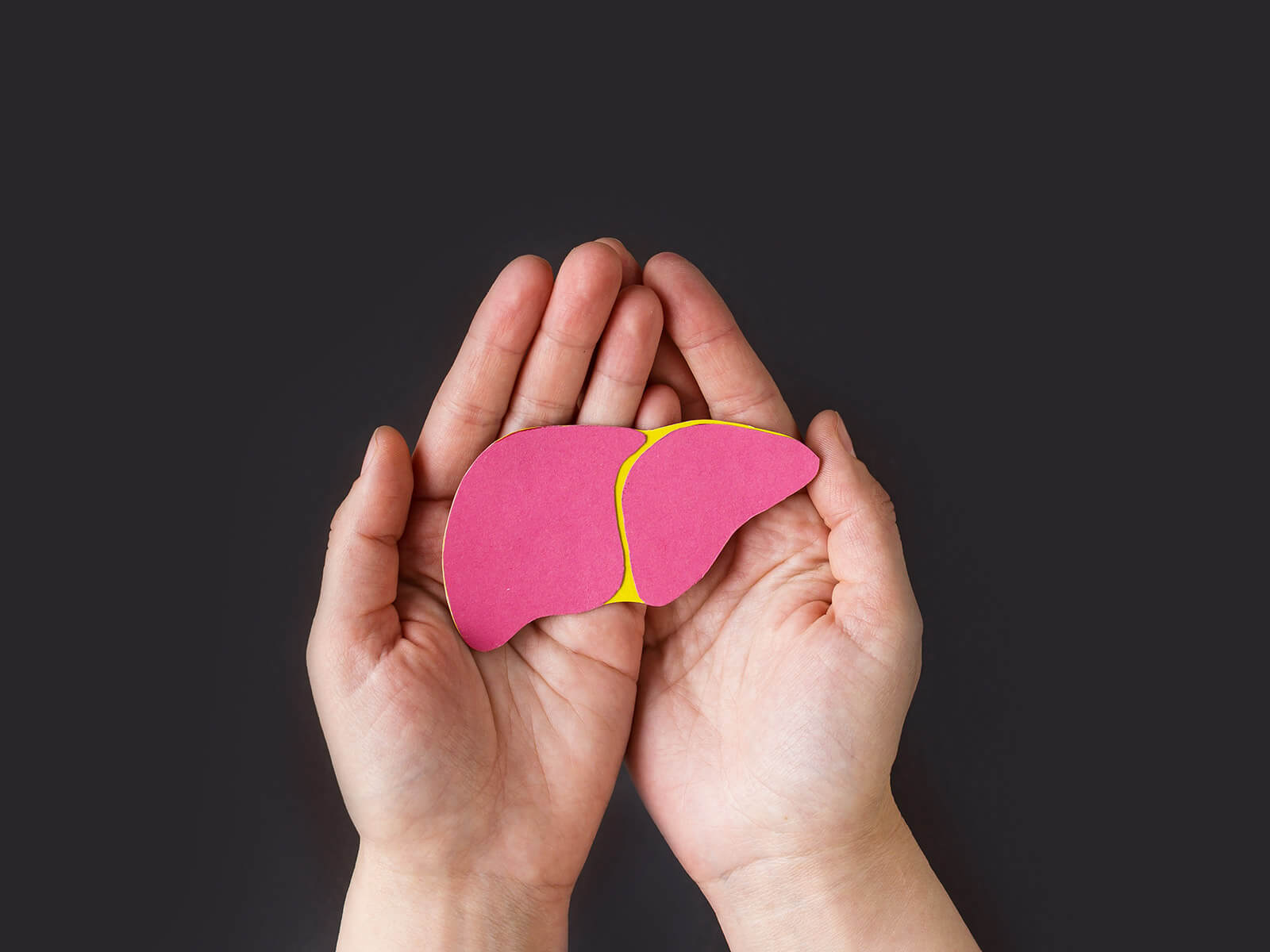
Cirrhosis is a disorder that exists after the normal liver parenchyma is overtaken by scar tissue. Gradually, the scarring complicates the process of liver conducting its essential functions. At first, you might not realize that there are problems. Further progression of cirrhosis may lead to severe problems.
The cirrhosis can be silent at the onset. During the course of the condition you can have:
Some examples of long-term inventions of the liver include cirrhosis that develops as a result of:
We are GastroDoxs in Jersey Village and we deal with liver and digestive health and put patients first. Our hepatologists (Board certified) have the newest diagnostics and individual treatment plans to deal with cirrhosis and other liver diseases. Whether it's customized nutrition advice and high-tech services, we will strive to offer care to you with a sense of compassion, making you feel better and healthier in the long-term. You are now willing to take control of your liver? Begin an appointment with our specialists today!
We've successfully treated more than 3.2K patients, helping individuals improve their digestive health and overall well-being through expert, personalized care.
With over 20 years of experience, GastroDoxs has been a trusted provider of gastroenterology care, focusing on delivering the best outcomes for patients
The overall scarring code is K74.60 and alcohol related cirrhosis is classified as K70.3.
Alcoholic cirrhosis is chronic liver destruction and scarring due to excessive intensive drinking.
Light liver scarring can respond to early therapy and lifestyle modifications, but the tight cirrhosis can never be completely repaired, it can only be slowed down to halt.
Decompensated cirrhosis implies that liver is unable any longer to accomplish basic functions and this may result in the accumulation of fluid in the abdomen (ascites), confusion (hepatic encephalopathy) or bleeding.
Typical medicines used are the diuretics (water pills) to help decrease the amount of fluid held in the body, non-selective beta blockers to decrease portal pressure, and lactulose or rifaximin to decrease ammonia levels.
Yes. The routine care also includes liver functional blood tests, abdominal ultrasounds or elastography, and endoscopies to ensure no variceal bleeding.
The best diet is one with low salt levels that are high in fruits, vegetables, and non-fat proteins. It is better to eliminate alcohol, and it is still better to decrease the amount of high-fat foods or processed foods to lessen the load on the liver.
In case your liver disease is severe, we will send you to a transplant center, introduce you to assessments and assist you in satisfying listing criteria.
The follow-up visits will be at the frequency of 3-6 months or more often in case of change of your symptoms or lab information.
It is time to make an appointment we have a liver specialist on the Jersey Village who is ready to help you out. Call GastroDoxs today to make an appointment with our liver specialist in Jersey Village we are here to help you all the way.